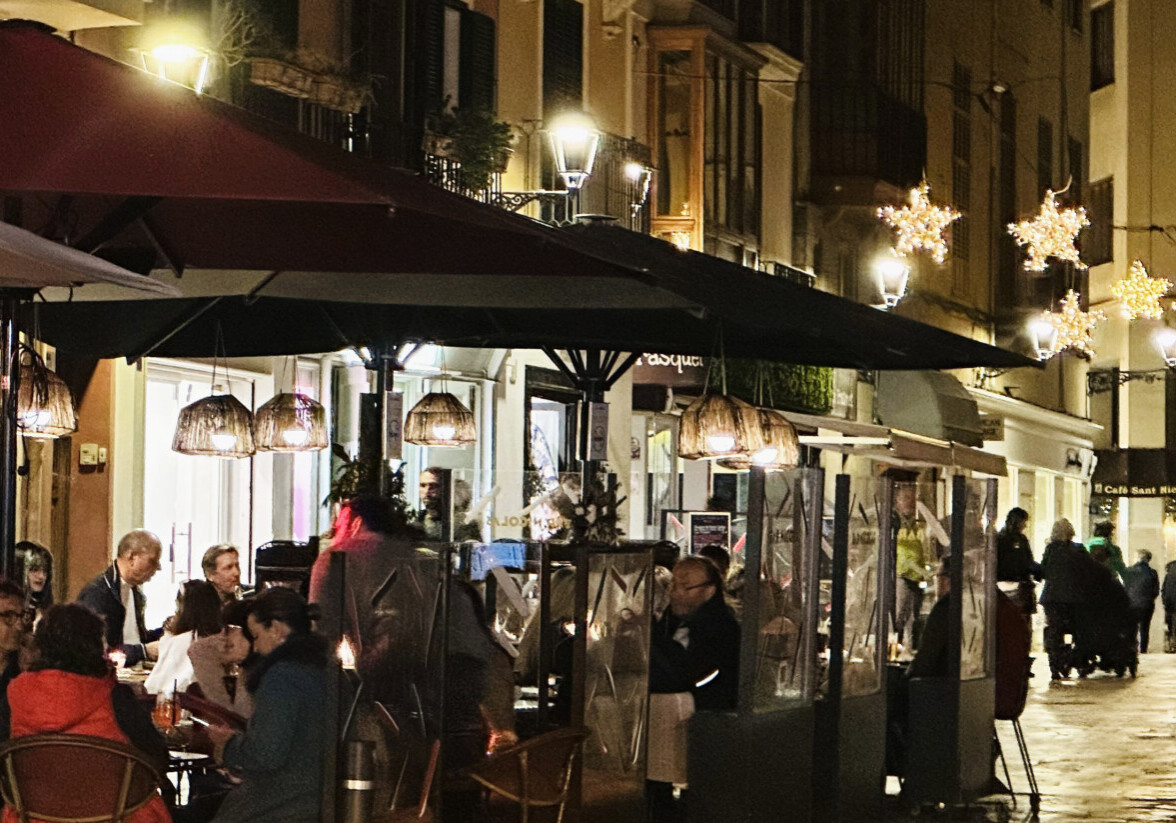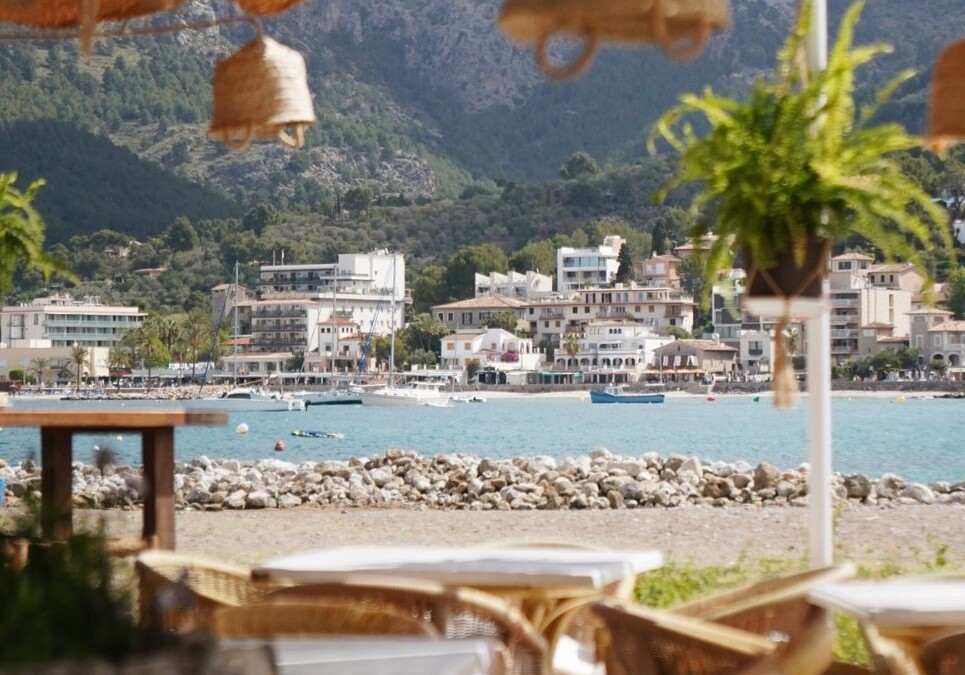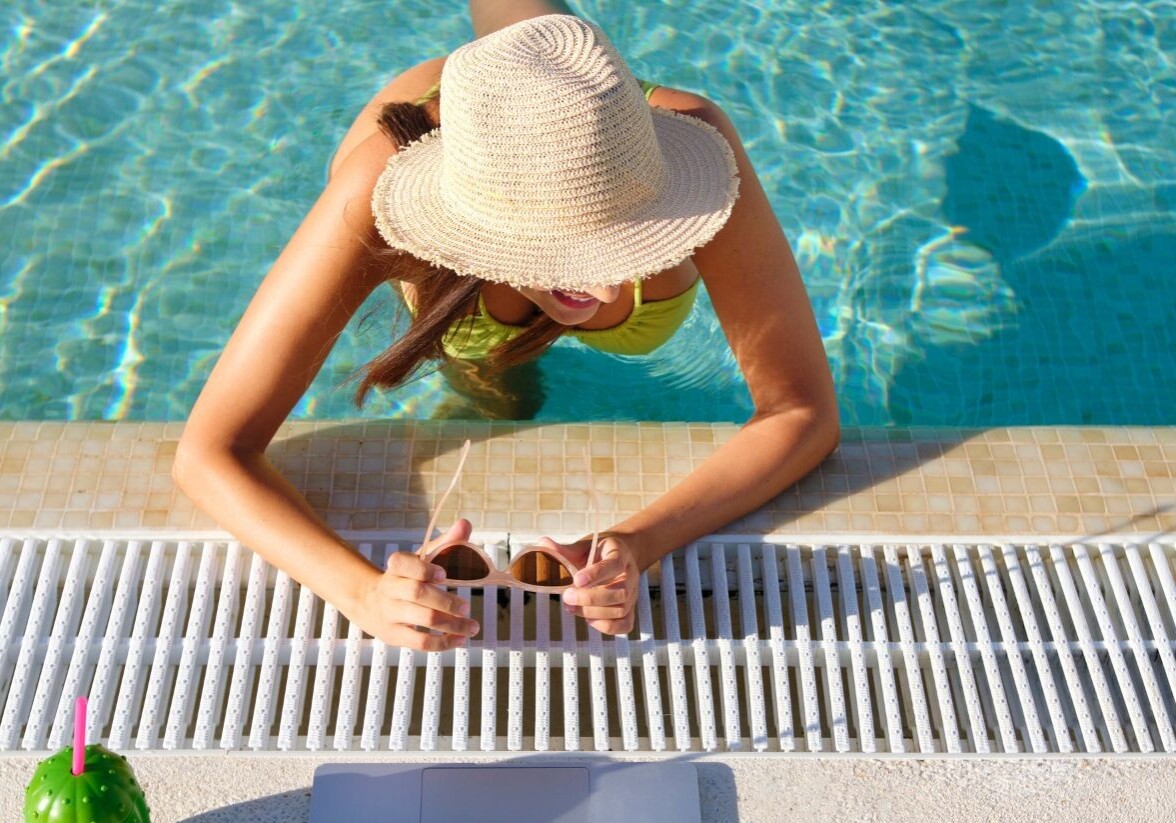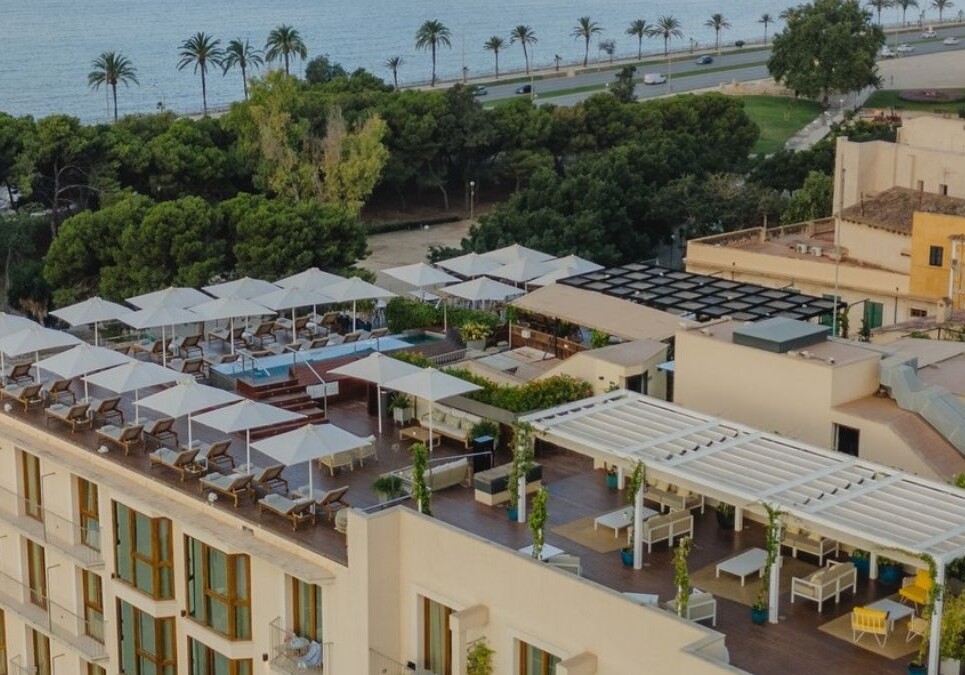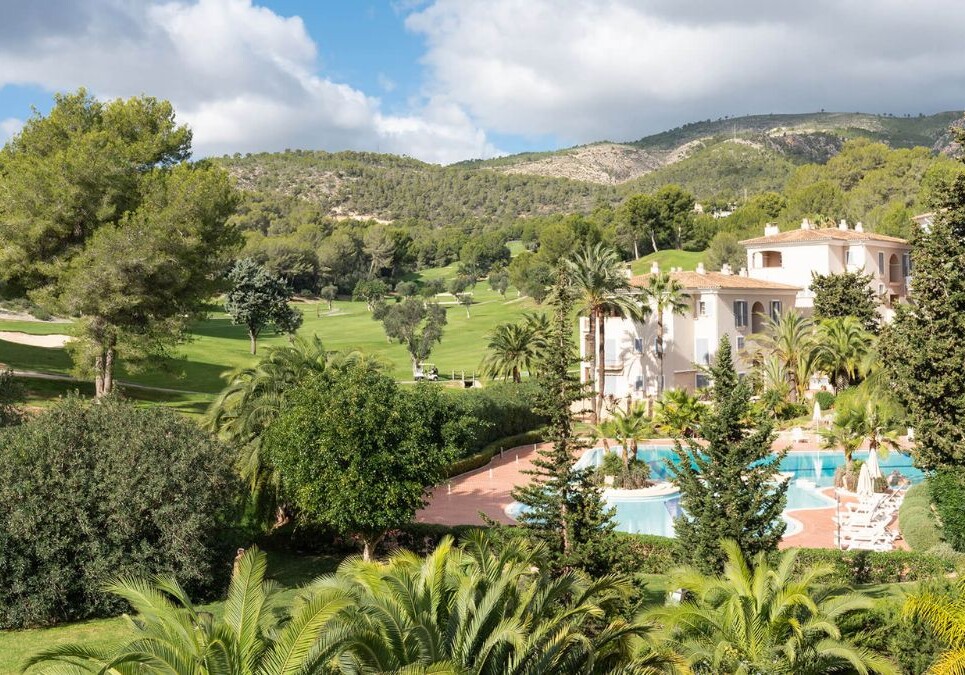
Think and make a list of what you need out of a property. Research locations and contact a recommended real estate agency. Try to find a good recommended agency that listens to what you want and not just what they want to sell to you and book viewings. Once you have found the property you would like to buy you must take into account the following:

1. Get a NIE number – As a foreigner you need to obtain a NIE number (número de identificación de extranjeros) required for the payment of taxes in Spain. Your deed (“escritura”) will not be granted without a NIE number.

2. Open a bank account – Why do you need to open a bank account in Spain? If you purchase a Spanish property, sooner or later, it will be necessary. It will help you to pay and settle payments for utilities, local taxes, expenses, etc. To open a non-resident account, you will need the following:
• A valid, unexpired passport or national identity card if you’re an EU citizen. .
• Foreigner identification number and certificate (número de identificación de extranjeros NIE)
• A document that proves your address in Spain, such as a utility bill that is less than three months old, or a recent bank statement from another Spanish bank.
• Proof of employment status or place where the funds have originated (employment agreement, income tax certificates, or a letter confirming your unemployment status, receiving state benefits, etc.).
We at Mallorcaresidencia can help you find a suitable bank for your specific needs.

3. Contact a lawyer – It is highly advisable to engage the services of a lawyer when purchasing a property in Spain. She/he will carry out the following legal checks for you:
- Land Registry – To verify that the property you want to purchase is correctly registered, under the vendor’s name, free of any charges, limitations and encumbrances.
- Town Hall (City-Hall) – To verify if there is any penalty proceeding (“infracción”) against the property and if it complies with building and urban regulations in the area where it is located. Check with the Town Hall that the payments for Council Tax the local rates (“IBI – Impuesto de Bienes Inmuebles Naturaleza Urbana”) and the rate for the refuse collection (“basuras”) are updated.
- Cadastre – Verify that the property has been properly registered in the Cadastre (“Catastro”).
- Community of owners – If the property is part of a community you will need to check with the administrator or the president of the community for any outstanding debts or extra charges (“derramas”) and it is also convenient to check if there are any other problems in the community. Once the deed has been signed at the notary, the community of owners should be contacted and informed about the change in ownerships.aktas och informeras om förändringen av ägarskap.
- Utilities companies (Water, electricity etc.) – Check that there are definitive contracts and no outstanding debts or any other circumstances that will compromise water or electricity supplies after the purchase. Once the deed has been signed your lawyer can help you to make the changes with the different utility companies such as change of names in the contracts, bank details etc.
We at Mallorcaresidencia can recommend Montis Abogados in Palma.
Other legal checks you might want to consider:
- Architect’s report and valuation – If you want to know the approximate market you could ask a surveyor to render a valuation or an architect’s report if you want to know more about the structural situation of then property.
- Make a Spanish will – There never seems to be a right time to make a will but making a Spanish will at the same time as you purchase your property will save money and ensure your assets in Spain are inherited according to your wishes. The procedure at the notary is both simple and cheap. Different countries have different laws that determine who you can and cannot leave your assets to. It is best to write a new will if you do not want the Spanish law to be applied, but prefer your home country’s laws, but according to EU law, this intention must be declared in a Spanish will.
- Non-Resident Tax Return – As a property owner in Spain you are obliged to submit a Non-Resident Tax Return

4. Make an appointment with a notary – This is something that your lawyer will arrange for you. Once the public purchase deed (“Escritura pública de compraventa”) has been granted by the notary you can pronounce yourself a property owner in Spain! Now is the time to sit back and enjoy! – Congratulations you’ve made it! Time to relax and enjoy a refreshing drink, beer or sangria!

Team Assistant@ Mallorcafastigheter


